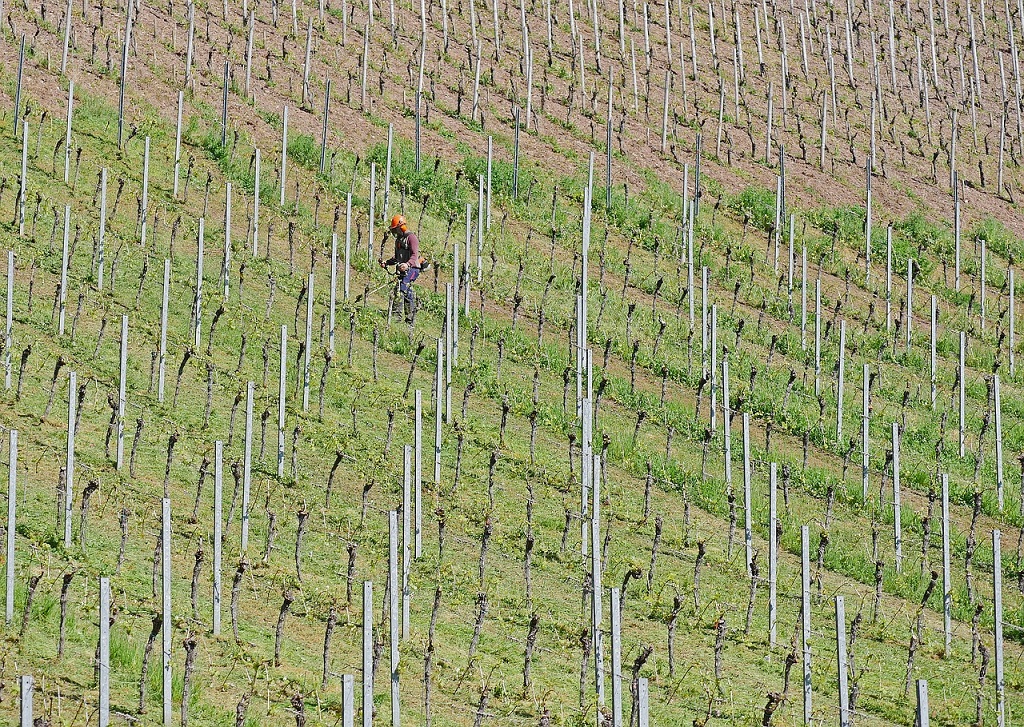Leading-edge app aims to assist in improving health and safety in viticulture

Domestic trading conditions for Australian wine producers are forecast to significantly improve over the next five years, as restrictions related to controlling the COVID-19 pandemic continue to ease. China tariffs, should they remain in place, could initially increase competition in the domestic market and other more mature export markets until new markets are developed.
The newly released Augmented Reality (AR) app, ‘Wine Producers Guide to Workplace Safety 2021/22’, aims to assist in recognising and controlling the key hazards and risks associated in the value chain of wine production.
The latest Work Health and Safety (WHS) regulatory guidelines and framework are focused on proactive prevention of injury, ill-health and essential information in order to help create a workplace safety culture of zero harm.
Designed to be displayed in the workplace, the app has been developed with interactive AR capabilities for use with a smart device, by simply downloading the free Pro-Vis AR app.
This leading-edge digitally interactive guide is a targeted response to a changed landscape.
Workers often respond well to information relayed via visual means such as videos and 3D animations rather than written documents, making it a highly effective communication tool.
This industry is working collectively to ensure there is greater awareness of specific work-related injuries and work-related health risks amongst viticulture workers.
This is in light of the Agriculture Visa legislation, which represents a new chapter in Australia’s approach to addressing workforce shortages.
Safe Work Australia research based on the Australian Bureau of Statistics (ABS) data suggests young workers have a greater risk of work-related injury in Australian workplaces than their older counterparts.
By definition; working holiday makers are aged 31 or younger. The Agriculture Visa will be available to skilled, semi-skilled and low-skilled workers, who also fall into this additional risk category.
The Agriculture Visa program will be demand driven and supported by strong governance of WHS compliance.
A digital version of the Agrochemicals registered for use in Australian viticulture (‘Dog Book’) is also incorporated on the AR Interactive Guide, which underpins best practice in agrochemicals usage and to facilitate the export of Australian wine.
“We are continuing to make leaps and bounds by improving WHS education and training supported by advances in digital technology and AR,” Pro-Visual Publishing CEO John Hutchings said.
“The biggest impact of digitisation can be seen in how it can revolutionise engagement, which underpins success and effectiveness, by reducing risk to improve health and safety performance overall.
“The provision of WHS information in visual form is an effective way to ensure that important knowledge is understood by all viticulture… through various forms of multi-media and digital technology.
“I would like to thank our Corporate Sponsors and Industry Associations in promoting industry-specific WHS education and training in support of the viticulture industry.”



